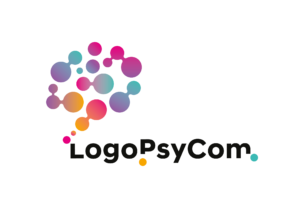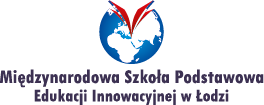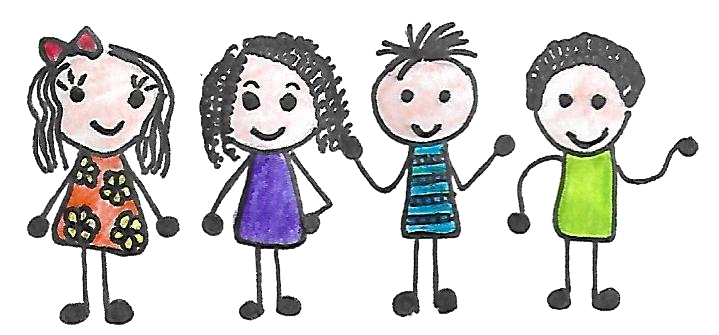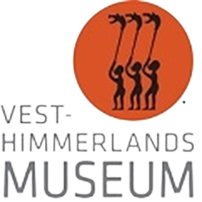Logopsycom is an education innovation center that creates and uses alternative methods or tools (digital or not) to accompany schools, VET centers, educational organizations, youngsters and parents. It was initially created as a care company specialized in learning disorders among youngsters, especially in “Dys” (Dyspraxia, Dysphasia, Dyslexia, etc.), also called Specific Learning Disorders (SLD) and therefore always works on the accessibility of content.
We do project consulting for schools and youth centers in our area in order to help them build good projects that improve the quality of their teaching methods, their environment and their “inclusion policy”. We have experience in working over 30 Erasmus+KA2 Projects.
The main aim of the school is to bring up young people who are self-confident and aware of their possibilities, open to the world and other people, able to take on new challenges, as well as think creatively and in a non-standard way.
The school focuses on language education, intercultural and interpersonal skills, and a creative mindset. The Primary school is open to international pupils. They believe that international surrounding is very stimulating for young people. Taking into account the importance of cooperation between countries, they put a strong emphasis on developing among their students an ability to function in the diversity of national societies, and they are highly motivated to continue this policy through European projects. Language education is a key priority for the school, and they provide a lot of teaching hours of English, Polish and German.
The school cooperates with other schools, universities in the region, public authorities, and NGOs. The staff is trained in project-based methods, creativity workshops, cultural education, and cross-cultural awareness and is open to international cooperation, exchange of experience with peer teachers from European countries and transferring best practices to the schools.
Náš tabor is a newly established NGO based in the Czech Republic. Their main focus lies in projects focused on education with youth and younger children. The team counts four colleagues, all very passionate about progressive ways of teaching children with a focus on environmental responsibility and sustainability.
They have a very good knowledge of how the mandatory educational system works in the Czech Republic; they are aware of its benefits but also of its parts which need (significant) improvement. They want to make a change in the current educational system of the Czech Republic and introduce new and progressive ways of teaching, which then will be applied by the teachers, informal guides and stakeholders as second nature.
The NGO has a network of teachers and students whom they cooperate with on various non-formal education platforms.
Vesthimmerlands Museum is state recognized and works according to the Museum Act with similar reports and checks. Responsibility for the Municipality of Vesthimmerland. The museum produces research in archeology and recent cultural heritage. It has 20 permanent employees. The museum is widely recognized for its great work on user involvement and dissemination at “eye level”. Vesthimmerlands Museum runs an open-air museum called the Stone Age Center Ertebølle. Vesthimmerlands Museum is internationally renowned for notable finds and sights.
Since 2012, the museum’s education department has prepared educational courses with children with special needs. That is children with diagnoses such as ADHD, Autists children with Down Syndrome, children with behavioural challenges and deaf children. Since 2012 and until now, approx. 400 courses for children with special needs, and courses for teachers and educators.

Co-funded by the European Union. Views and opinions expressed are however those of the author(s) only and do not necessarily reflect those of the European Union or the European Education and Culture Executive Agency (EACEA). Neither the European Union nor EACEA can be held responsible for them.
(Project code: 2022-2-DK01-KA210-SCH-000096788)



